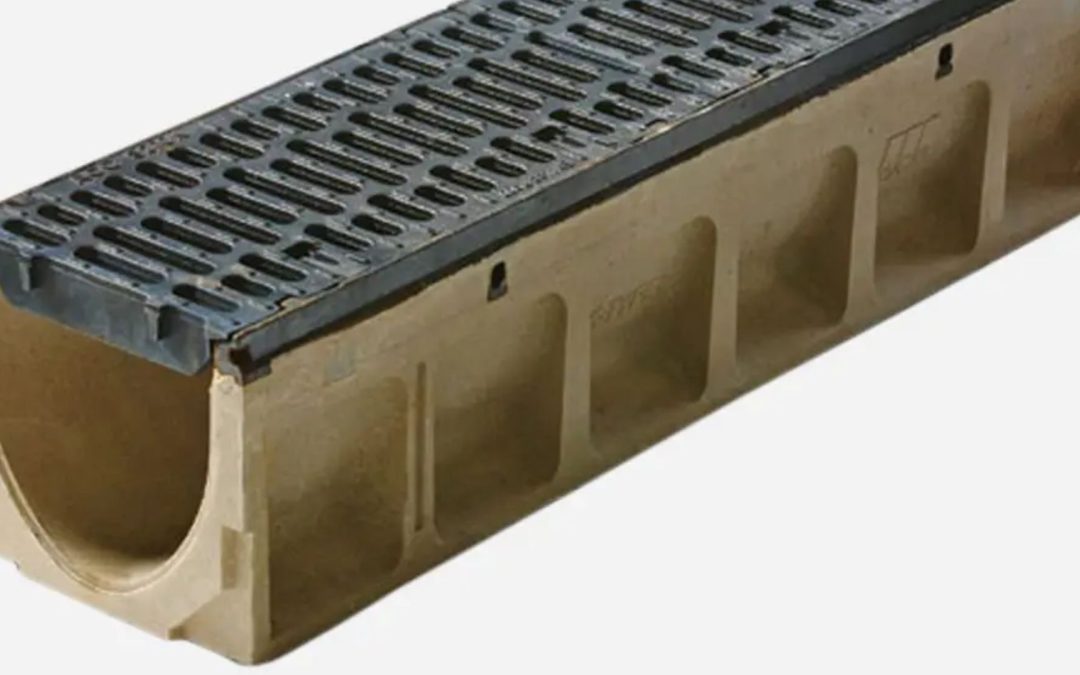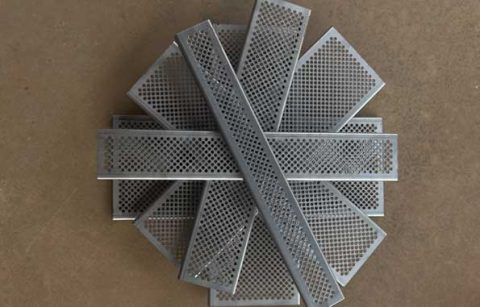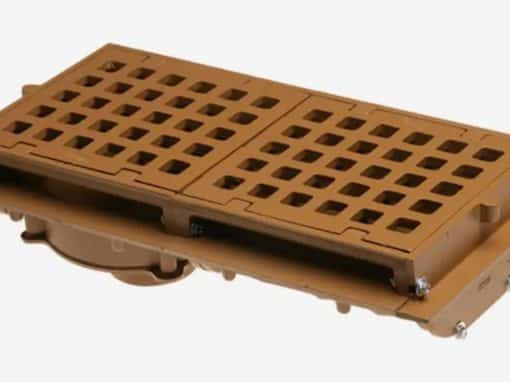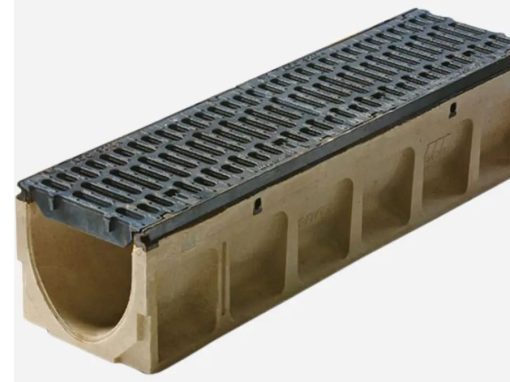If you’re reading this right now, you might be having issues with groundwater runoff or even chemicals. That means you’re looking for the best drain for your situation. However, there are a lot of types of drains out there. So how do you make the decision to which one is best?
Well, in this post, let’s explore the difference between two main types of drains. We’ll cover the difference between trench vs french drains. That way you can make the best decision for you.
The Difference Between A Trench Drain vs French Drain
To understand this answer of “What is the difference between a french drain and a trench drain” we need to first define what they are:
What is a French Drain?
Well, the French drain really has nothing to do with the country of France, first of all. However, it was invented by a man with the last name French. That’s how it’s got its name.
A pipeless French drain works by having a perforated pipe. This pipe runs underground. It’s covered with gravel or rock. Thus, it diverts the water that reaches the drain to a separate area, such as a drain field or septic tank.
A lot of homes that have French drains use them around the basement or around the foundation. This helps prevent leaks into the infrastructure of your home. Therefore, if heavy rainfall occurs, the subsurface water will hopefully go into the drain instead of the property.
French drain systems can typically operate around 10 years without a lot of maintenance. However, if the pipe becomes clogged, it’s fairly difficult to clean. Furthermore, it can cause floods, which sort of defeats the purpose.
What Is A Trench Drain?
A trench grate drain is a drain that’s designed to divert any extra water away from your property or that surface. Steel grate trench drains and other types of trench drains have a cover over the top.
In other words, it prevents extra debris and material from entering the channel. This gives you the best of both worlds. You get drainage for heavy rainfall and water flow. At the same time, you minimize foreign objects from clogging up the drain.
Obviously, if the drain becomes clogged, it could cause health hazards or a need for repair or maintenance. Trench drains are really common in parks, public walkways, industrial plants, food processing locations, and of course, homes.
Difference Between French Drain And Trench Drain – Bottom Line
Whether you’re installing a drainage system for a commercial property or residential property, quality and durability matter.
The great news is that if you use a trench drain, you can enjoy all of these benefits and more. So don’t hesitate. Start searching on The Trench Grate Store today. Discover what kind of trench grate drains can fundamentally remove any kind of water draining issues that you might have today.




